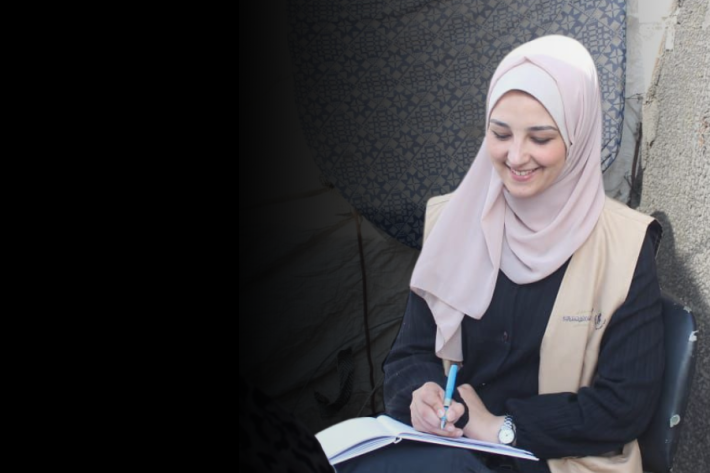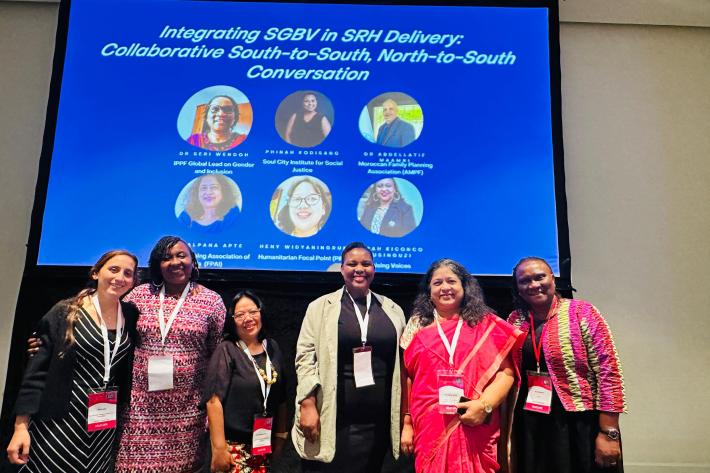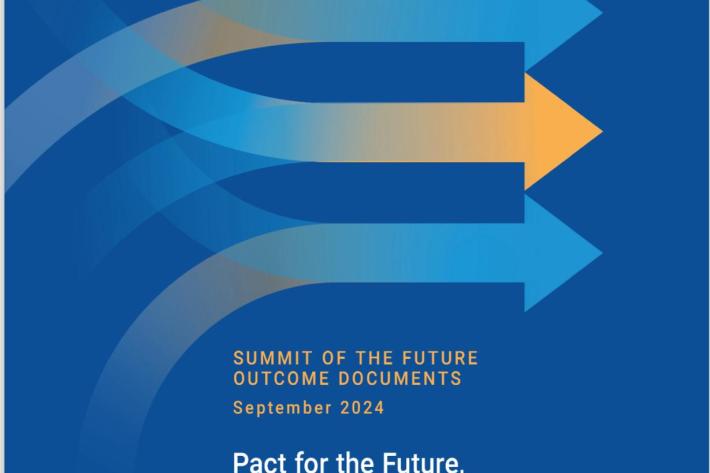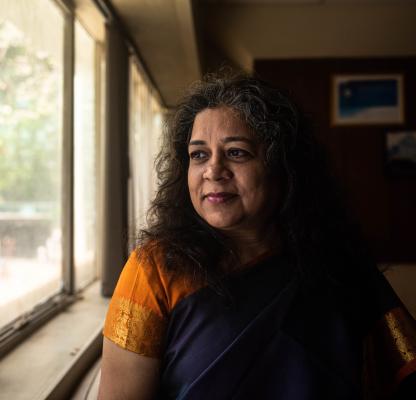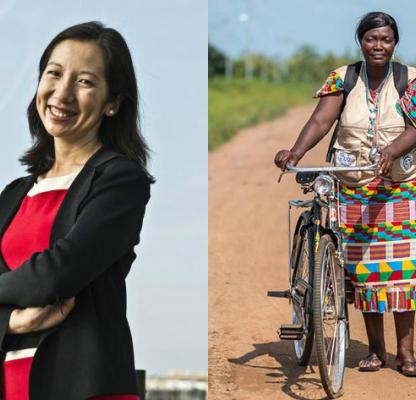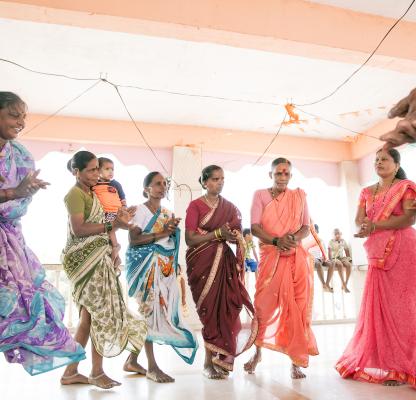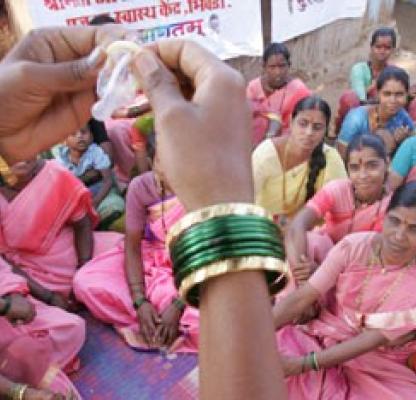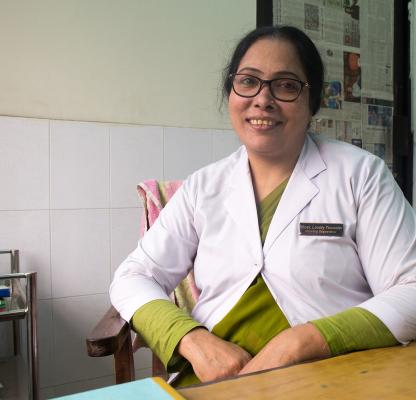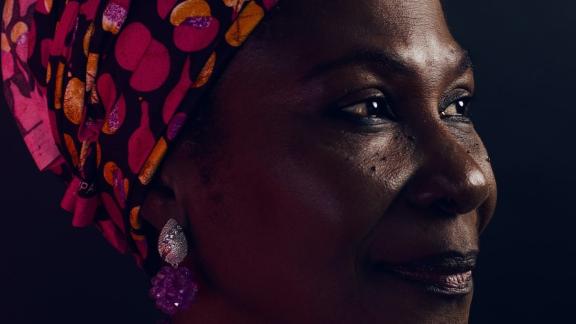
Latest Blogs
A selection of blogs from across the Federation

The Battle of Reframing: How anti-choice groups manipulate language to try to control the narrative
Reframing is one of the most powerful tools we have. Anti-choice movements have nefariously hijacked terms like “life” and “choice,” but we must reclaim them with accuracy and power.
06 March 2020
Kalpana Apte’s passion to campaign for sexual and reproductive health and rights in India was sparked when she met a 38-year-old woman at an FPAI clinic. The woman had six living children, had two miscarriages and was desperate for contraception. That day Kalpana couldn’t help but has made it her life’s work to help others since.
28 February 2019
Meet some of people who were so motivated by the discrimination-free healthcare they received from our Member Associations, or by the potential to support their communities in need, that they decided to become much-valued volunteers.
22 November 2018
The Global Comprehensive Abortion Care Initiative (GCACI) improves access to quality abortion care and contraception in IPPF Member Association clinics. The Parivar Swasthya Kendra (PSK) clinic outside Mumbai sees a wide range of clients from the underserved communities in the district. The Family Planning Association of India (FPAI) opened the clinic at the request, and need, of a local fisherwomen’s group.
20 August 2018
In India, lack of awareness of cancer as a treatable disease remains low, and women's access to screening and treatment services is limited.
20 June 2018
IPPF are working with local organisations in Bangladesh to help meet the sexual and reproductive healthcare needs of the Rohingya.
08 February 2018
In Bangladesh menstrual regulation, the method of establishing non-pregnancy for a woman at risk of unintended pregnancy, has been a part of the country’s family planning program since 1979 and is allowed up to 10–12 weeks after a woman’s last menstrual period.











